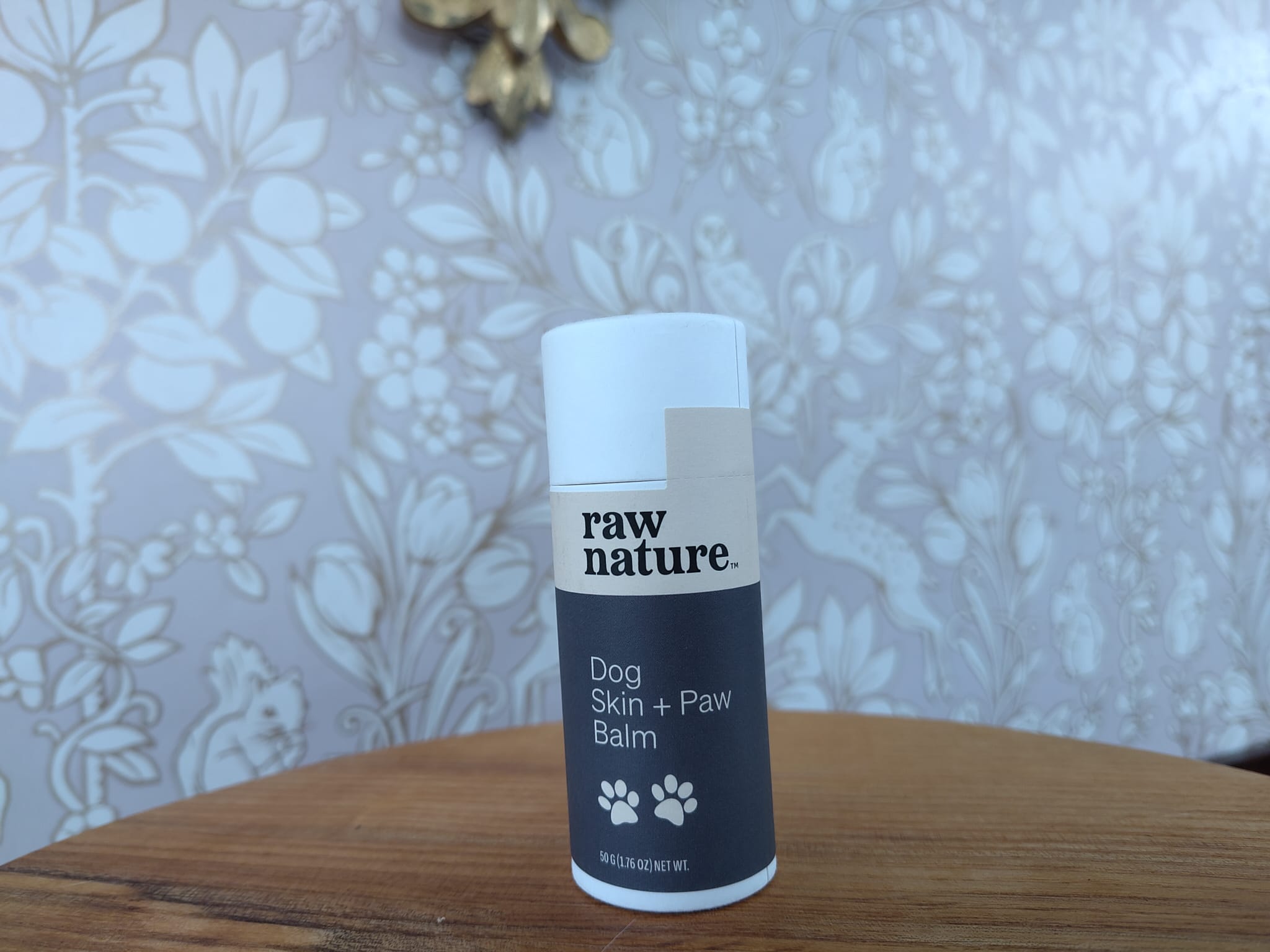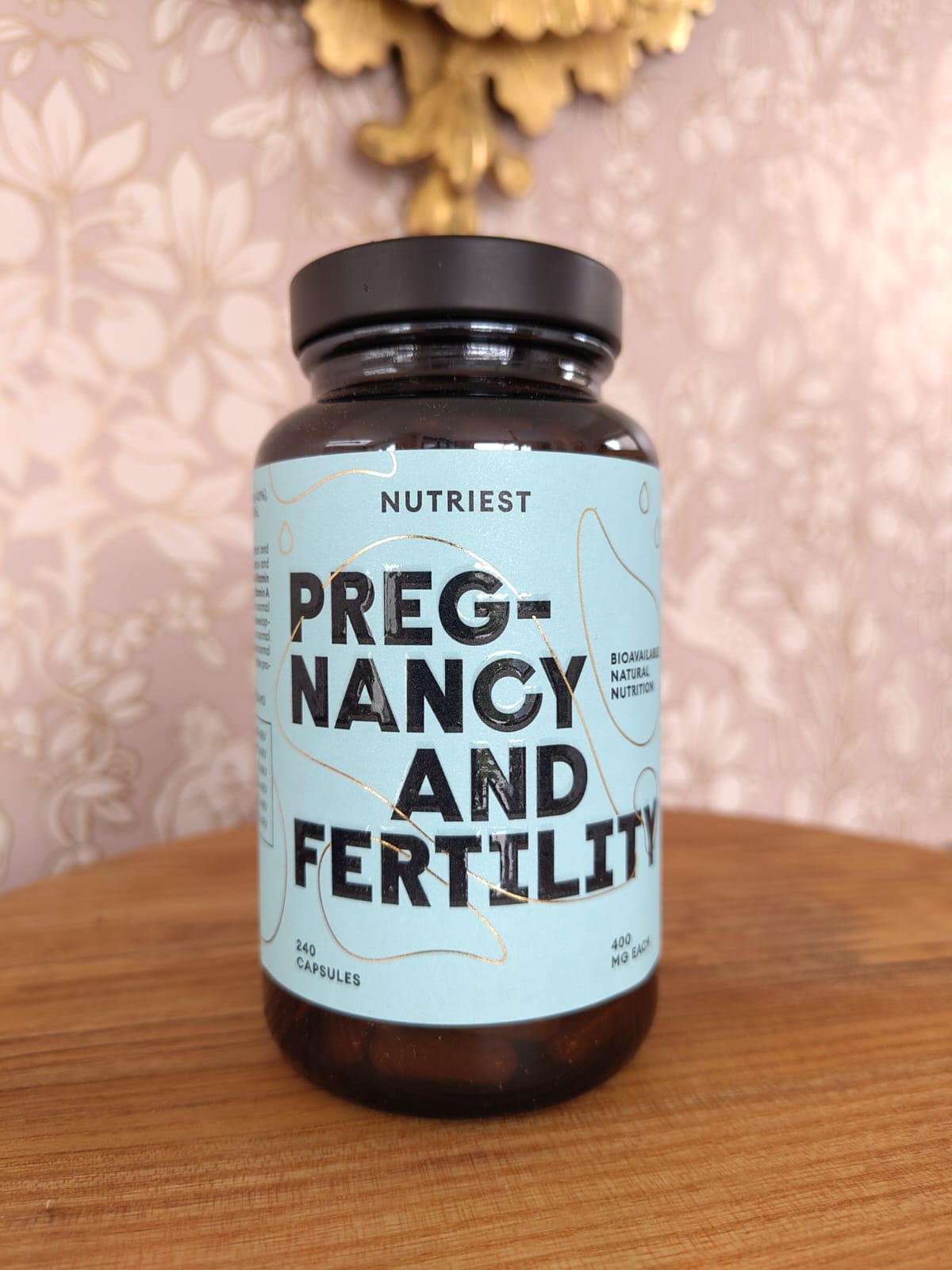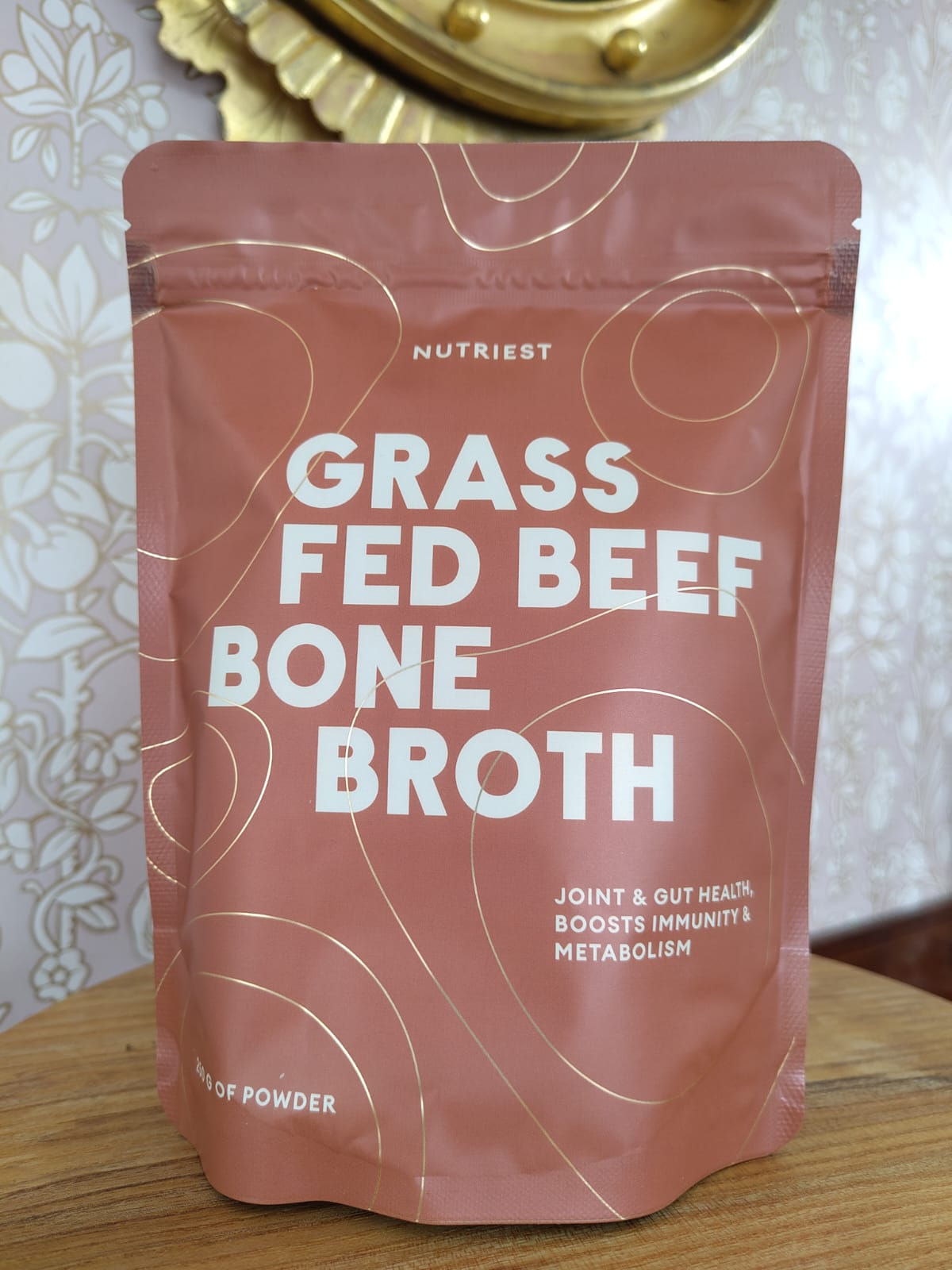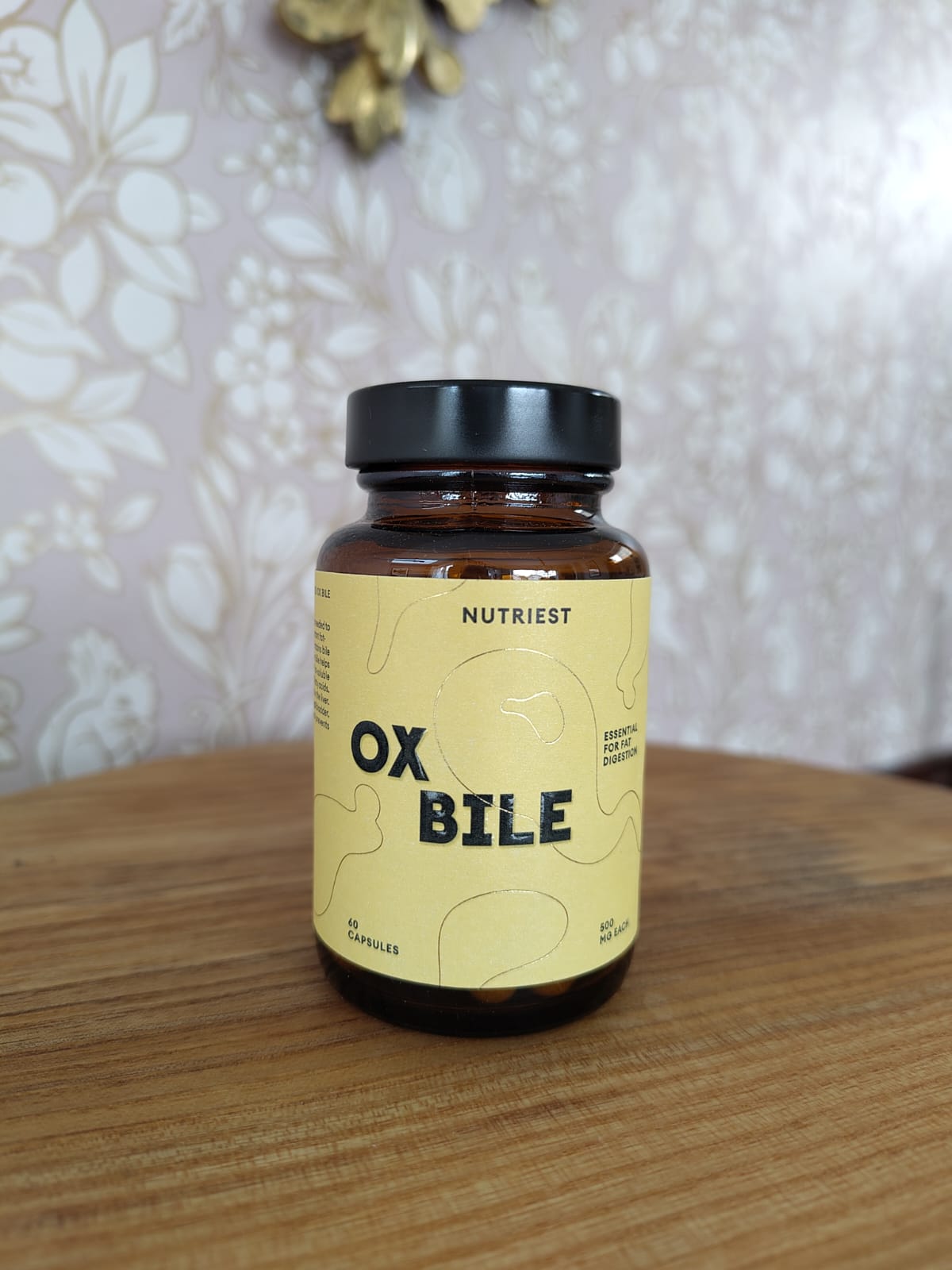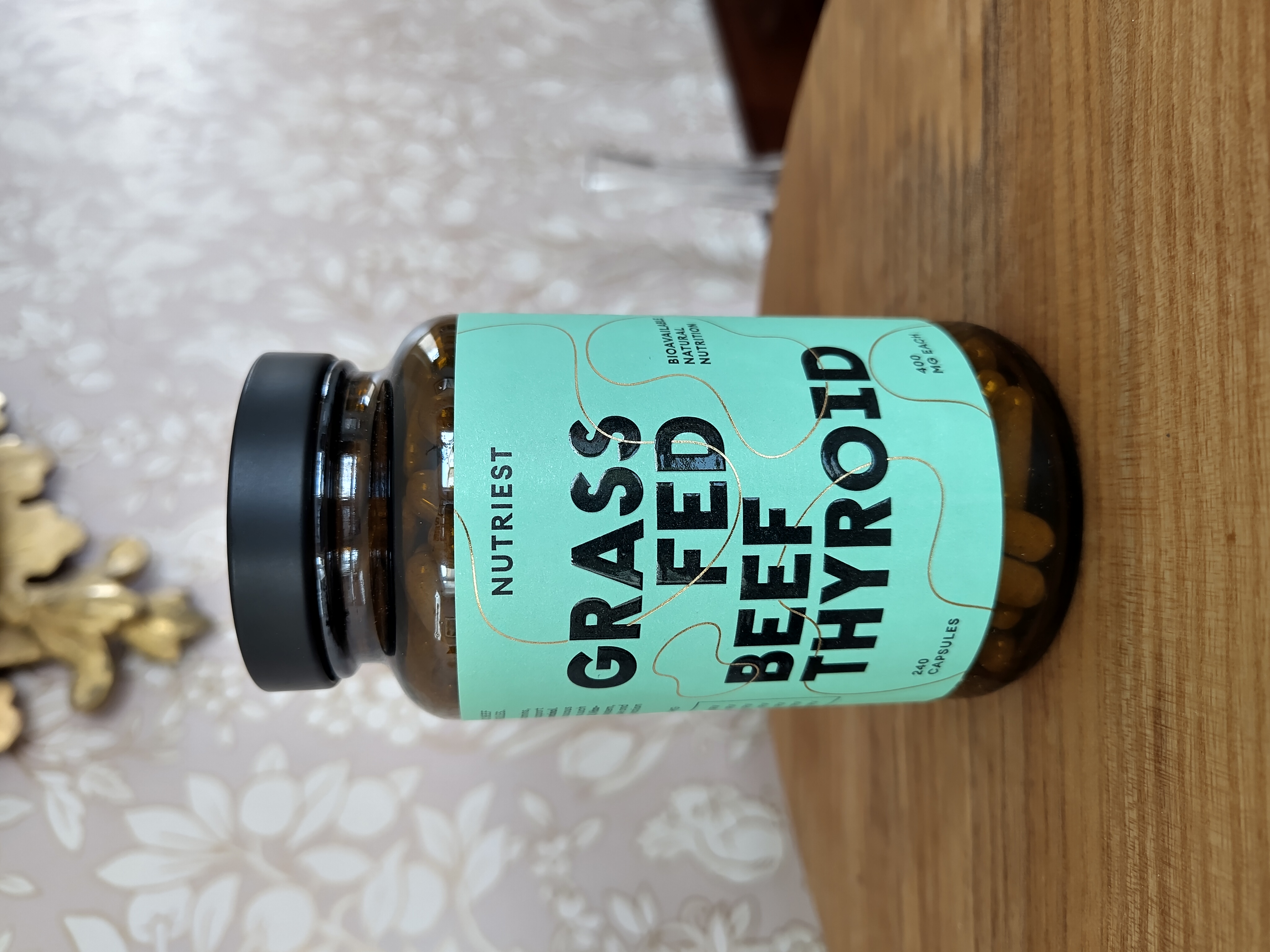It’s been hard to miss the subtle-as-a-brick fearmongering trying to get people to adopt a vegan diet (one which avoids all meat, fish, eggs, dairy and honey). Listening to the hype you’d think a vegan diet would instantly translate us into some sort of utopia where cattle, sheep. humans and hens lived happily ever after munching on carrots and kale…
This is the first in a series of blogs on nutrients essential for optimal mental health which are found only in animal products. I’m starting with the nutrient most widely acknowledged to be deficient in vegan foods, vitamin B12. Most conditions are multi-factorial in origin, mental health challenges are no different. There is no single, simple fix for many of the complex issues which affect our ability (or inability) to cope with the daily challenges and stressors in life. However, I think you’ll agree after reading this, ensuring optimal B12 intake is a fundamental and straightforward way to eliminate one potential trigger or contributor to mental health issues.
A member of the family of B vitamins, B12 or cobalamin is a nutrient essential for DNA and red blood cell synthesis, it is also vital for energy metabolism, immune and nerve function. It’s role in nerve function is what we will discuss today.
The myelin sheath is a lipid rich protective coating found on the axons (long arms) of nerve cells – a bit like insulation. It not only speeds up transmission of signals (electrical impulses) but protects the axon from damage and degradation. Multiple Sclerosis (MS) is probably the disorder most widely associated with loss of the myelin sheath. However, a B12 deficiency can also contribute to the loss of myelin and mimic many physical MS-like symptoms: numbness and tingling, weakness, tremor, fatigue and loss of motor function. Moreover, a B12 deficiency can also affect emotional mental function and include depression, paranoia, hallucinations, hearing voices, anxiety and even schizophrenia. Steak anyone??
Shockingly, studies have found that 90% of patients admitted to emergency rooms in the USA on anti-depressants are deficient in B12 (wouldn’t testing for B12 be a good idea before prescribing mind altering medications?). Possibly even more shocking is the link between B12 deficiency and “apathy, decreased ability to do mental work, loss of memory, restlessness, irritability, indifference, emotional instability, disorientation and confusion, loss of inhibition, dementia, delirium, depression delusions and hallucinations, confabulation, hysteria, neurasthenia, paranoia and mania” has been known since the early 1900s when pernicious anaemia (a form of B12 deficiency) also resulted in these symptoms. At the time the treatment was large doses of raw liver which usually resulted in symptoms resolving/abating (Patchlock and Stuart, 2011, p.85, 87-8). Most of us would fall off our chairs if our GP recommended raw liver to combat a vitamin or mineral deficiency but weekly consumption will help replenish levels (along with many other vital vitamins and minerals).
If you really can’t handle the thought of neat liver, it’s rather strong flavour can be disguised in pate, see recipe below for my favourite version which is made with mushrooms. If you do buy pate, especially chicken liver pate, make sure it says it is from free range chickens.
How do I ensure I’m getting enough vitamin B12?
- Animal products are the only dietary sources of B12. Organ meats from cattle and sheep contain the highest amounts by far, but any animal meat (including venison, chicken and pork) will provide vitamin B12. Fish, eggs and cheese also supply vitamin B12.
- Optimise your digestion. Even if you are eating adequate animal products if your stomach acid is low (achlorhydria) it will not be able to trigger the release of “intrinsic factor” which is needed for vitamin B12 absorption. Regular use of antacids will contribute to achlorhydria and studies have found chronic use significantly reduces levels of B12 (Lamb, et al. 2013).
- Supplementing with vitamin B9 (folic acid) can mask a vitamin B12 deficiency. So folic acid should never be taken in isolation. Some foods are “fortified” with folic acid but not B12, regular consumption of these foods (breakfast cereals for example) can lead to a deficiency in B12 if organ meats are not a regular part of your diet.
- Some vegan foods like tempeh and spirulina contain vitamin B12 analogues, this can further increase depletion of vitamin B12.
- If you feel you may be low in this vitamin, regular bloods tests via your GP can let you know your levels. For very low levels, injections of methylcobalamin (the activated form of B12 found in our bodies) from your GP can help. If your GP is not willing to provide these injections find a GP who will.
Mushroom and liver pate (beef, lamb or free-range chicken)
- 500g liver
- 300g mushrooms, roughly chopped
- 1 large onion, chopped
- 2-4 garlic cloves (depending on how much you like garlic)
- 200ml dry white wine
- Few sprigs parsley
- ½ teaspoon mustard
- Small sprig fresh rosemary
- Butter
- Sea salt and pepper to taste
Fry liver, mushrooms, onion and garlic in butter till cooked, add all the other ingredients and simmer until the liquid evaporates.
Let cool then blitz well in a food processor. Store in airtight jars in the fridge or freezer until you’re ready to enjoy it.
References
Lamb, et al. 2013. Proton Pump Inhibitor and Histamine 2 Receptor Antagonist Use and Vitamin B12 Deficiency. JAMA. 310(22):2435-2442.
Patchlock and Stuart. 2011. Could it be B12? Quill Driver Books, 2nd ed.
